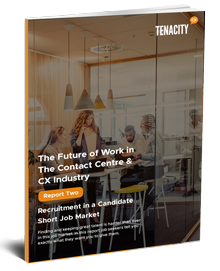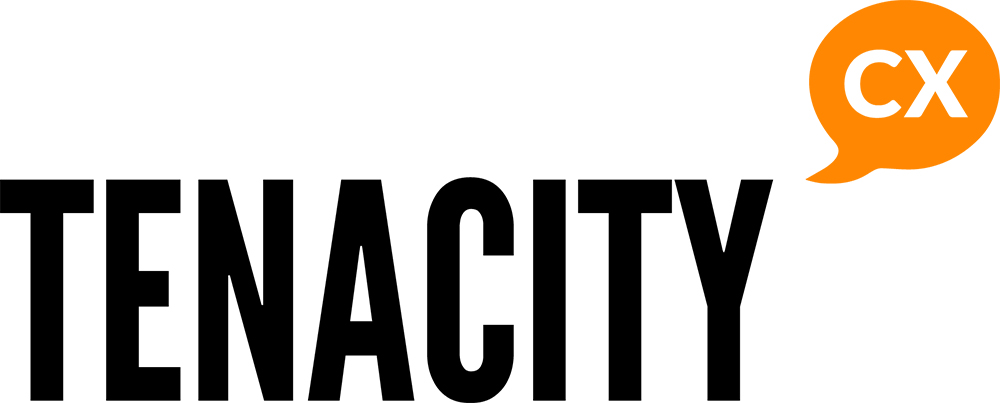Recruitment is basically a sales and marketing job. You have to find your ideal audience – your candidates – and offer them an attractive package that speaks to whatever it is that motivates them.
To successfully recruit the talent and skills your contact centre needs in this job market, you have to build a recruitment brand.
Positioning yourself as an employer of choice in your sector can take a long time, even with a good strategy and plenty of resources to carry it out. There are, however, some quick wins to be had by putting the basics in place. Given the tight job market out there right now, lots of companies are saying that employer branding is something they should do. But what is it?
Get your messaging right:
Building a brand does not mean putting a few posts on LinkedIn, updating your SEEK profile, and beefing up your Jobs page on your website. It takes time and multiple exposures for people to recognise your brand and understand what it’s all about.
Your messaging is what will enable you to attract people who are the right fit for your organisation. Start by building a profile of ideal candidates. Base this on the people have previously been successful in similar roles in your organisation. What messages can you craft that would appeal to them?
Post-pandemic employees’ priorities have changed somewhat. As well as salary and career progression, they are now also interested in company culture, how the job fits their purpose, and additional benefits like flexible hours, working from home, health and wellbeing.
If you can connect the purpose of your organisation to the motivations of your employees, and demonstrate that with real-life stories, you will increase your odds of attracting people who want to work for you for reasons beyond what you pay.
The dynamic between employers and job seekers has turned on its head. Companies need to really sell themselves now as people have more choice than ever of where to work. Becoming an employer of choice means you have to painstakingly build a reputation.
Head of Wealth Contact Centres, Big 4 Bank
Promote your brand:
In this tight job market, you might well be constantly advertising your vacancies on job boards, on social media, through Centrelink, or through other partners – but this is not what we mean by promoting your brand. Instead, we’re talking about building your reputation as an employer by reaching out to your target audience in the following ways:
- Be helpful: share useful content on social channels and via partners (schools, colleges, Centrelink) about how to get started in your industry, where to get qualifications and experience, or even tips on how to answer interview questions.
- Show up: to job fairs, recruitment conventions, graduate fairs at schools and colleges, events at local associations in your recruitment catchment area. You can also sponsor events.
- Curate your reputation: reviews are a powerful sales tool for companies selling products and services, and they can be for your recruitment too. Assuming you deliver a fantastic employee experience encourage employees to post about you online or leave a Glassdoor review. Make sure you always conduct exit interviews with employees to ensure you part of the best possible terms.
- Win some awards: whether they are specific to your industry, or around being a great employer, or for your local area, winning awards can raise your profile as an employer and demonstrate to potential employees why you are worth considering.
- Encourage word-of-mouth: the best promotion is word-of-mouth from your current and past employees. Engagement is generally 10 to 15 times if an employee posts something genuine on their own social media than when you post it on the company page, as it feels more trustworthy.
Put your offer together:
Your offer is made up of the essential promises you make to new employees when you ask them to come and work for you. This includes that salary packages and benefits you offer, the type of work people will be doing for you, the learning and development opportunities and career paths you provide, as well as your company culture and what it’s like to work for you. All of this goes into your job advert.
Never oversell a job or over-promise on some aspect of your offer you will get found out, causing you reputational damage.
To understand what you do well as an employer, start by asking your current employees. An eNPS (Employee Net Promoter Score) survey tells you how many of your employees would recommend you as a place to work to family and friends. If you get a great score, be sure to include it in your job ads and your brand messaging!
We should be focusing on creating an environment that empowers people to decide where to work, based on what’s in it for them. Leadership plays a big role in this and should help teams come to a consensus on how often they meet face-to-face and what that looks like. Don’t impose it from above.
Head of Contact Centres, Large Australian Financial Services Company
Offer the right pay and benefits:
You don’t want to make your relationship with employees an entirely transactional affair because you will lose them sooner rather than later to a higher payer, and there is nothing else holding them to you.
Having said that, in this tight job market, you really do need to be competitive as employees have so many more options. Paying at the Award Rate or the EBA rate is the bare minimum. To stand out from the crowd you are going to need to put together a good package. This will include an above market average hourly rate or base salary, plus benefits, plus any attractive perks you can add to sweeten the deal. Free gym, free parking, bonuses, days off for volunteering, training programmes – all these make you more attractive as an employer without costing the Earth.
As we see from our candidate survey results, whatever else they say they want, employees always want fair or above-market pay. If you’re willing to pay that little bit more, it’s also a good sign that you’ll take care of them as an employer.
Give as much flexibility as you can:
In our candidate survey flexibility came in second to pay and promotion as the most important factor for employees. When asked how many days a week they wanted to work in the office, zero was the big winner. Only 9% wanted to work full time in the office again.
And they’re not just looking for location flexibility. The freedom to choose their own shifts and hours, or even better to split shifts so they can genuinely work when they want is a big motivator for employees.
As the pandemic proved, all contact centres can work from home. After some initial teething troubles, every industry leader we interviewed said they had suffered only minor productivity decreases. Some said productivity actually increased. If almost everyone else in the market is offering either homeworking or hybrid working of some type, you are going to lose out if you do not, or at best restrict yourself to the 9% of candidates who want to work in the office full time.
Free Report
Download our latest free report "The Future of Work in the Contact Centre & CX Industry: Recruitment in a Candidate Short Job Market" for a deeper dive into these topics.


